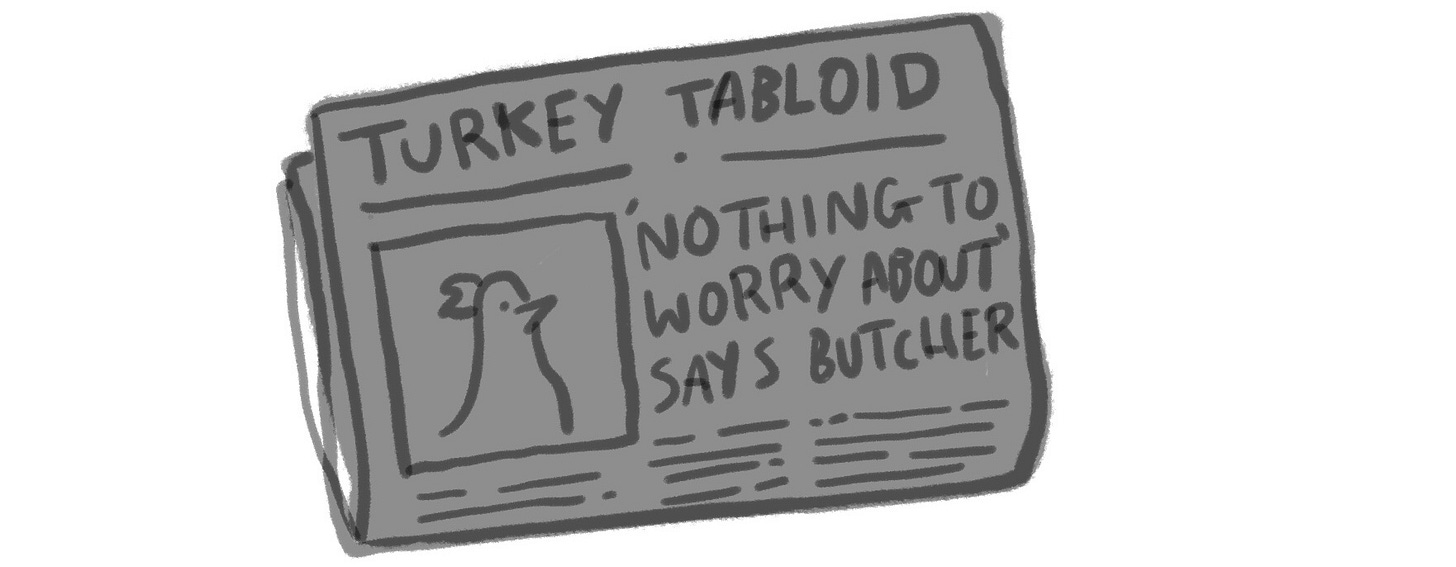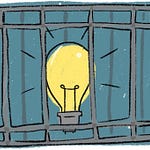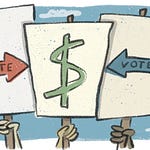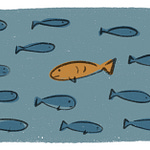Entrepreneurs need to understand the mental traps —their own and that of those around them—that expose them to great risk.

Subscribe: — iTunes. — Stitcher. — Spotify. — Overcast. — Download.
As we’re seeing with the Covid-19 crisis, assessing risk and responding when things go wrong are critical skills for entrepreneurs. The problem is, this is very hard for us to do. We’re wired to think tomorrow will be the same as yesterday—until something happens that we didn’t see coming and we’re snapped into a new reality.
Normalcy bias
A challenge we all confront is normalcy bias. This is a view that’s hard-wired into us, that tomorrow will look a lot like yesterday did. Thinking like this serves us well 99% of the time.
We all operate with a set of basic operating assumptions that create the foundation of our normalcy bias This is the foundation of how we view the world around us; it’s how we decide things like what’s possible and what’s impossible. It guides our day-to-day decisions, which then become automatic. We create a narrative about the world around us and repeat it in our heads. We flip the light switch, and the lights turn on. Before long, we can’t imagine a world where we flip the switch and the light doesn’t turn on.
Don’t assume tomorrow will be the same
You don't have to identify the 1% of the time when normalcy bias doesn’t serve you. Rather, examine your assumptions about things that fall outside of your control and ask yourself: Are you assuming those things will always be OK?
One thing that’s helped me be successful as an entrepreneur (and survive several of these economic macro-shocks that we’re experiencing) is that I’m really suspicious of my own biases—and especially my normalcy bias. I’m constantly looking for new information or data to disprove the running narrative in my head that tomorrow will be fine because yesterday was.
We watched the largest quarantine in human history unfold in the Wuhan Province months ago—yet most of us ignored it because it didn’t fit with our narrative about pandemics. The narrative from previous pandemics is that the world makes a big deal about them and they don’t end up affecting us.
The ‘turkey problem’
Author and philosopher Nasim Taleb calls normalcy bias the “turkey problem.” He writes: “A turkey is fed for 1,000 days by a butcher, and every day confirms to the turkey and the turkey’s economics department and the turkey’s risk management department and the turkey’s analytical department that the butcher loves turkeys, and every day brings more confidence to that statement. But on day 1,001, there will be a surprise for the turkey…”
The more time goes by, the more anything can feel “normal.”
I have a friend who works at a derivatives desk at a major financial institution. She graduated and started her career in 2008, the first year of the bull market. The market’s been going nonstop ever since. Because she’s never seen a downturn, she assumes things will always be fine.
Recognize what’s in your control (and what’s not)
Entrepreneurs, especially, need to be able to see the complexity in the world around them that most others take for granted. They need to anticipate where those systems may fail.
Like the Stoic philosophers teach, you want to recognize what is in your control and what is not. Try to expand the boundaries of what’s in your control and examine your assumptions about what’s not.
Be on lookout for things that contradict the narrative
You have to look specifically for things that could prove your narrative wrong. You have to be looking for information that’s not necessarily what you want to hear and doesn't fit the narrative you have in your head.
We watched the largest quarantine in human history unfold in the Wuhan Province months ago—yet we ignored it because it didn’t fit with our narrative about pandemics. Our narrative, from previous pandemics, is that they don’t pan out even as the world makes a big deal about them.
You can still act
When these types of events happen, entrepreneurs can get stymied into inaction. No matter what situation you find yourself in, there’s always some action you can take now—even if it’s merely putting a plan together.
A friend of mine had a physical products business in town that got overextended. He borrowed money to buy his partner out. He hit this huge cash crunch and the business was collapsing around him. It was slow motion train wreck. I told him, “You can still do something—but you have to move fast. You have inventory that you can turn into cash. If you wait, your choices narrow.”
Links:
Influence, by Robert Cialdinihe














Share this post